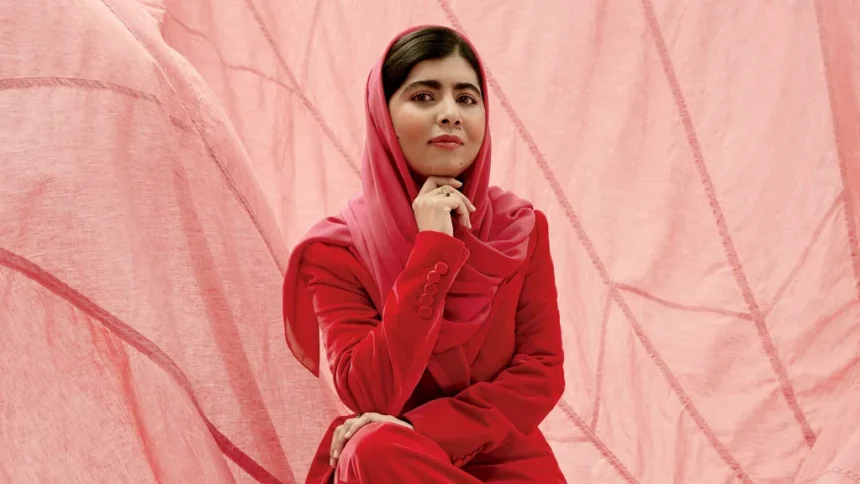Malala Finds Her Way: Growth Beyond the Icon
Lying in a Birmingham hospital bed after surviving a Taliban assassination attempt at 15, Malala imagined conversations with Taliban leaders. She jotted strategies, verses from the Qur’an, and names of mediators in a notebook—hoping she could persuade them to end their rule. That meeting never happened. Over time, Malala finds her way from martyrdom to womanhood, reclaiming her sense of self beyond the saintly image the world built for her.
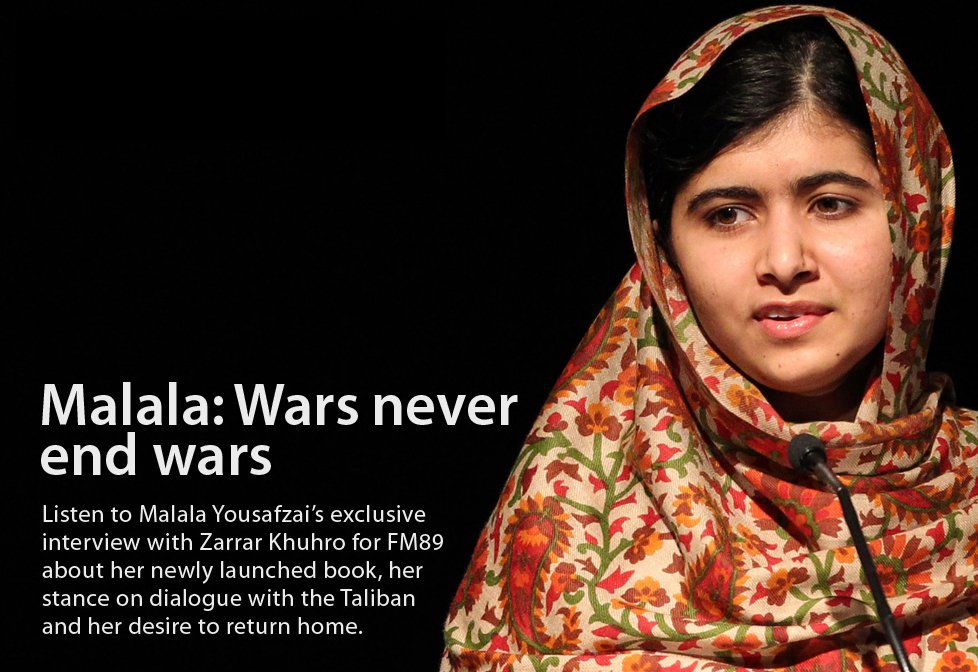
From Icon to Young Adult: Reinventing Identity
Her memoir Finding My Way picks up where I Am Malala left off, charting the transition into her twenties. In Birmingham, Malala navigates anonymity, rigorous study, and social life, even while carrying the weight of global expectations. At Oxford, she juggles activism, friendships, and academic chaos.
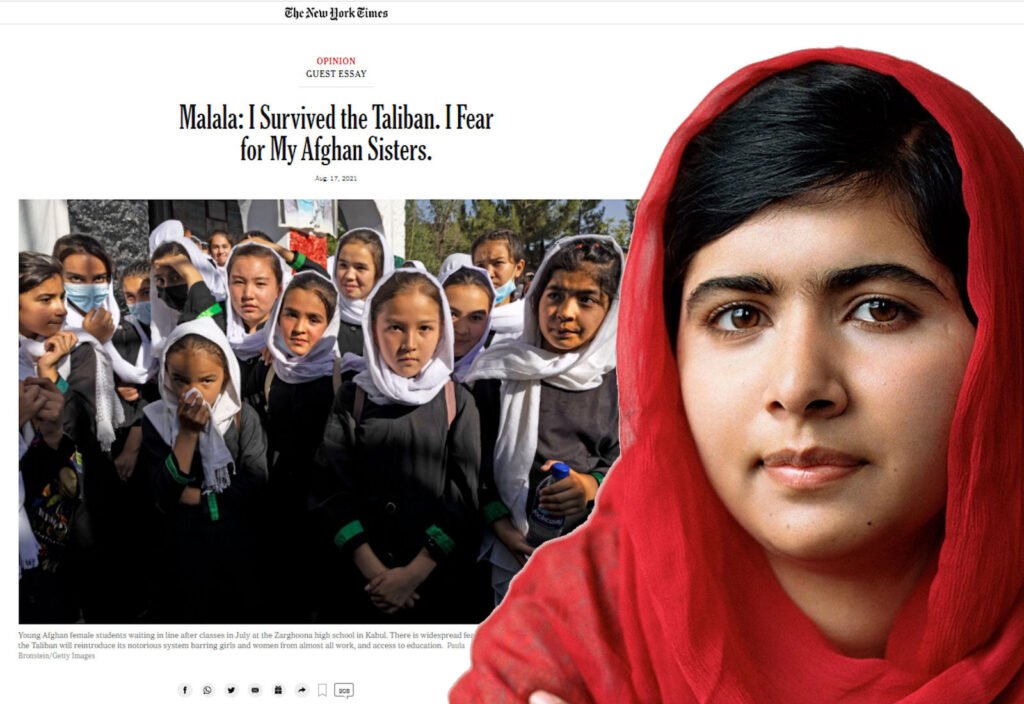
Love, Dreams, and Everyday Rebellion
Central to the book is her delicate romance with Asser, a cricket executive from Lahore. He gifts her a telescope for her astronomy interest, defends her in front of her parents, and supports her uncertainty about marriage. Slowly, Malala opens to love on her own terms—not as a public symbol, but as a woman with desires.
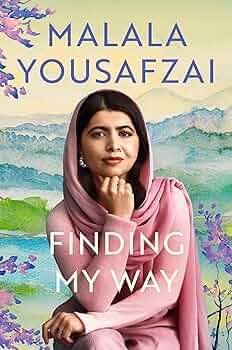
Shedding the Myth, Embracing the Real
As a child, Malala’s identity became wrapped in the “mythical heroine” narrative—dutiful, serious, embodying virtue. In Finding My Way, she challenges that role. She sneaks into bell towers, dances, seeks therapy, orders ribs by mistake, and accepts that falling behind on work doesn’t diminish her worth. She reclaims the messy parts of being human. https://www.youtube.com/watch?v=A6Pz9V6LzcU
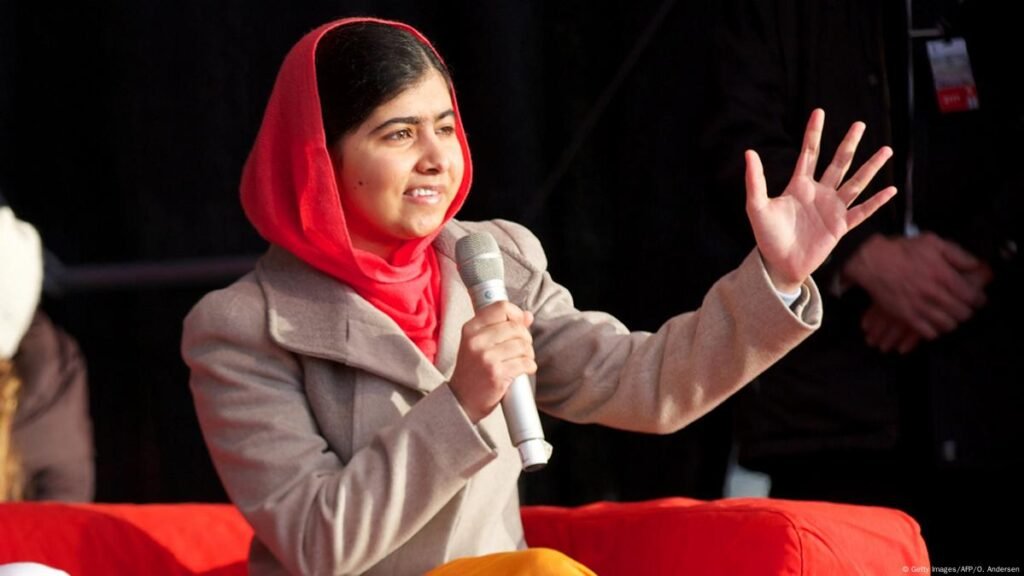
Little Joys, Normal Life, Big Purpose
Today, Malala’s life includes the mundane—bucket hats, a quirky pen collection, golf swings, learning to swim—alongside her ongoing advocacy. The memoir shows she doesn’t have to choose between private happiness and public mission; she can live both. In fact, she discovers being a student of life is as sacred as her activism.
